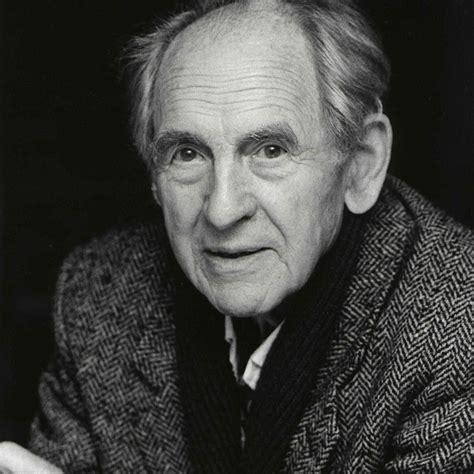A Quote by Dalai Lama
The ultimate way to solve human problems is with nonviolence.
Quote Topics
Related Quotes
I think that nonviolence is one way of saying that there are other ways to solve problems, not only through weapons and war. Nonviolence also means the recognition that the person on one side of the trench and the person on the other side of the trench are both human beings, with the same faculties. At some point they have to begin to understand one another.
And I've come to the place where I believe that there's no way to solve these problems, these issues - there's nothing that we can do that will solve the problems that we have and keep the peace, unless we solve it through God, unless we solve it in being our highest self. And that's a pretty tall order.
The technologies that will be most successful will resonate with human behaviour instead of working against it. In fact, to solve the problems of delivering and assimilating new technology into the workplace, we must look to the way humans act and react. In the last 20 years, US industry has invested more than $1 trillion in technology, but has realised little improvement in the efficiency of its knowledge workers and virtually none in their effectiveness. If we could solve the problems of the assimilation of new technology, the potential would be enormous.
What keeps me up at night in a negative way is, if we don't solve the problems of the human heart and of the human head, of human psychology, there is no technological solution so great that it can prevent the world that is coming, and a world of suitcase bombs or of the ability to pollute the planet in a way that it cannot recover, of global warming and the rest. We've created through science and technology a different world that has frightening sides to it, and psychology and behavioral science has to be part of this. We're going to have to find a way to humanize the culture itself.









































